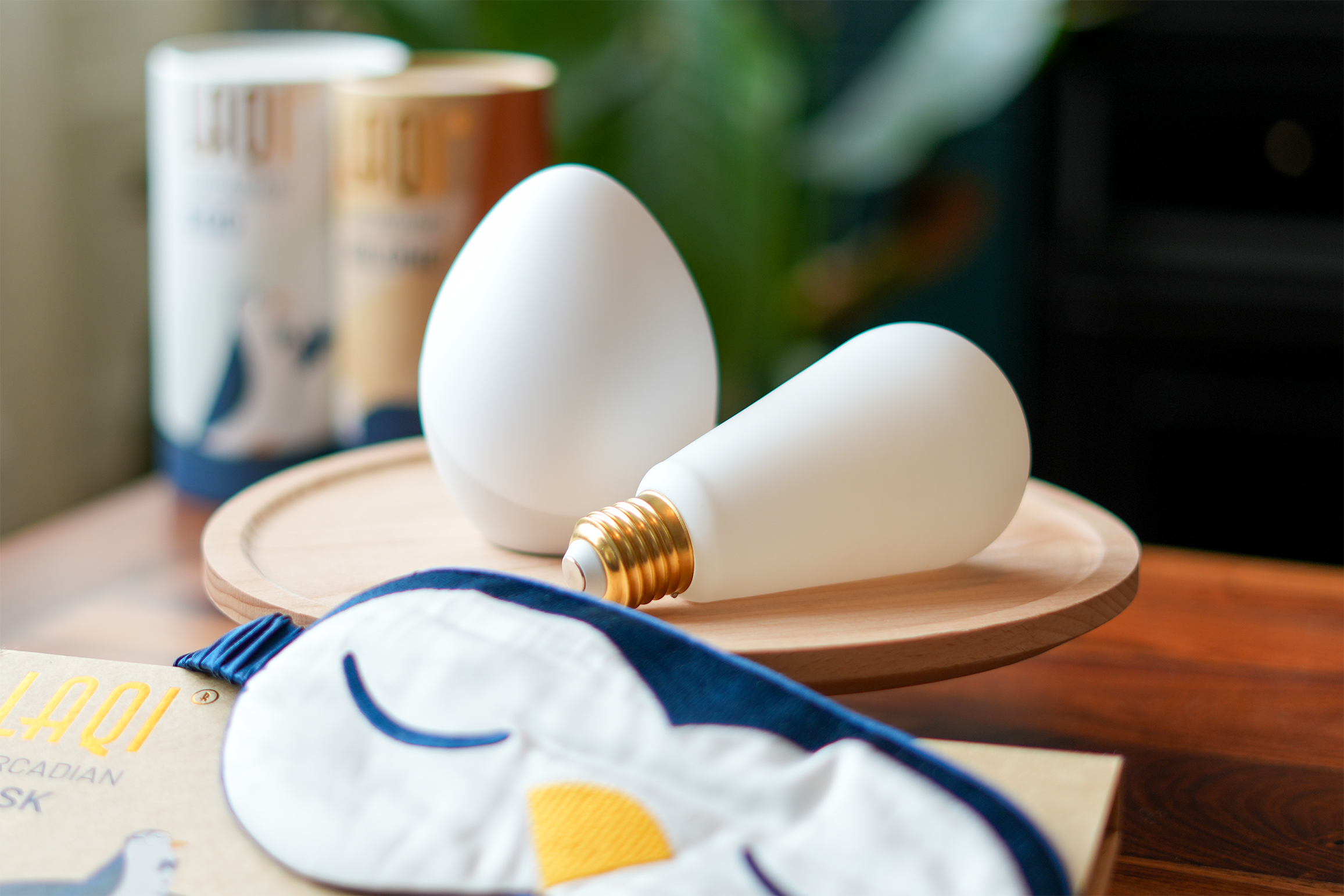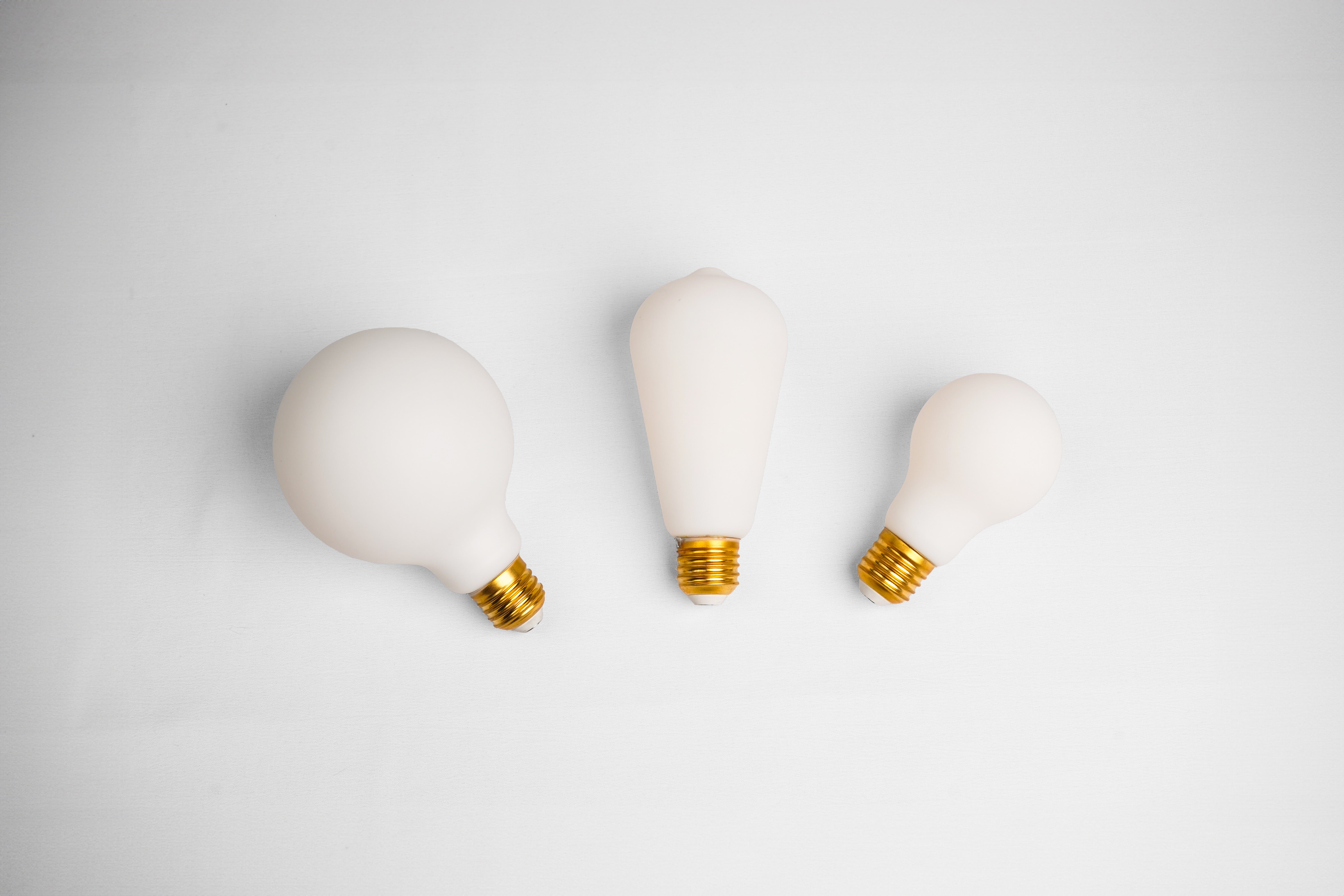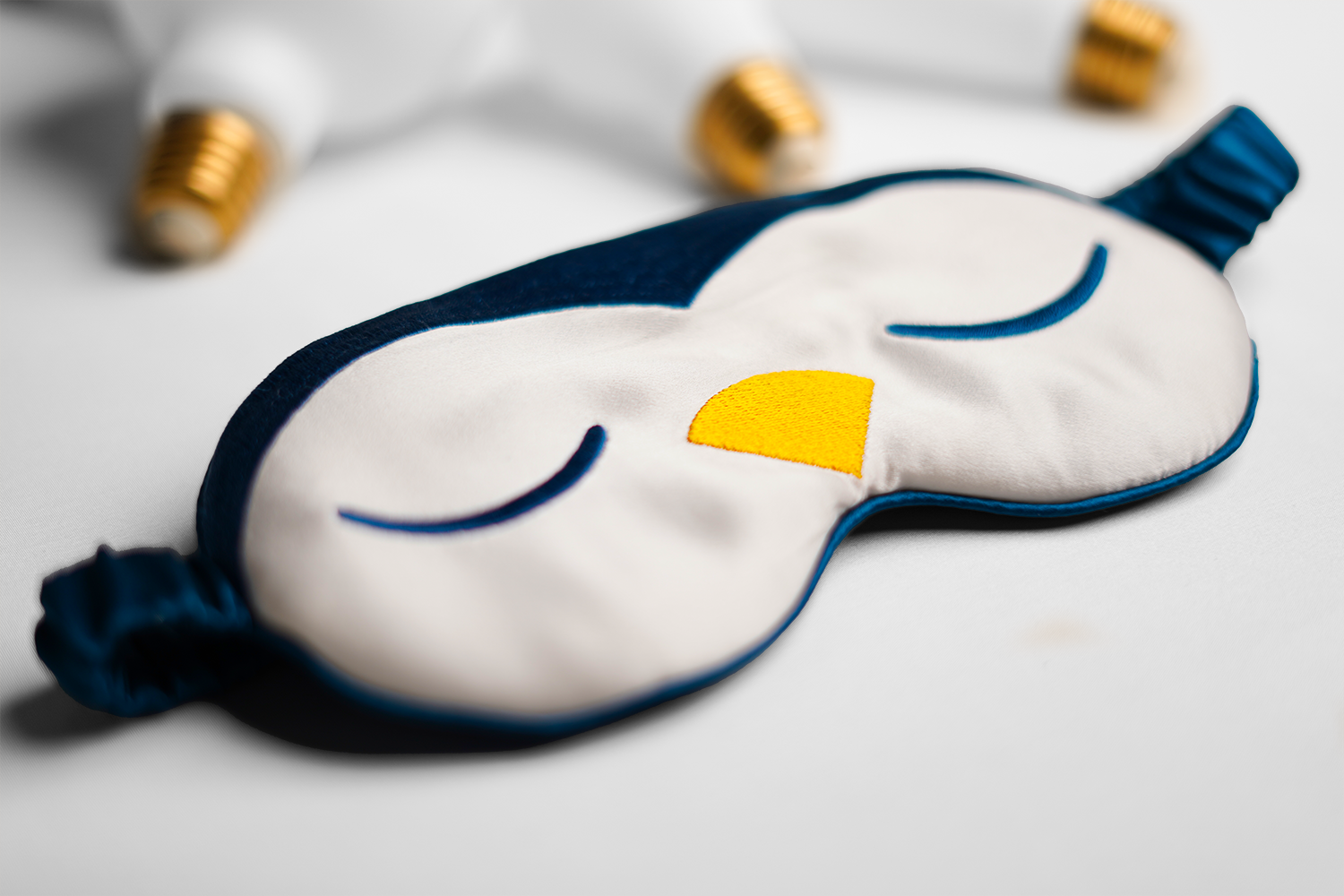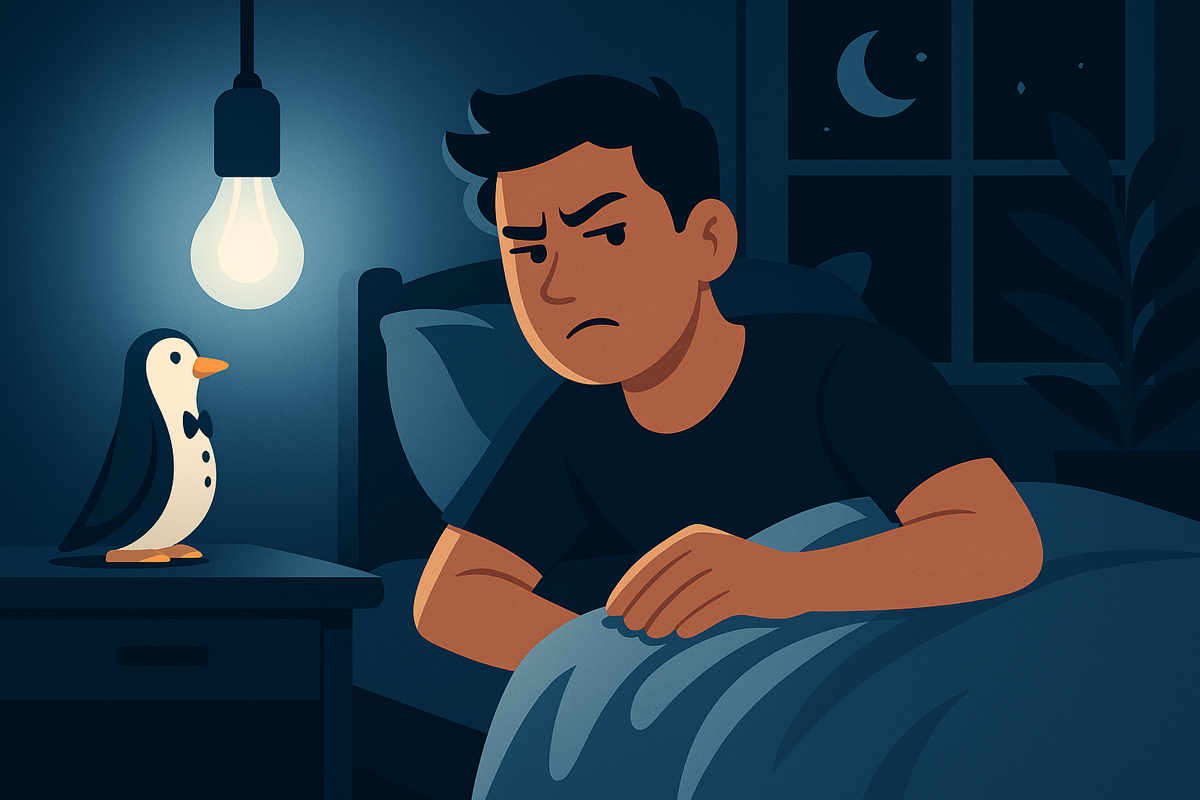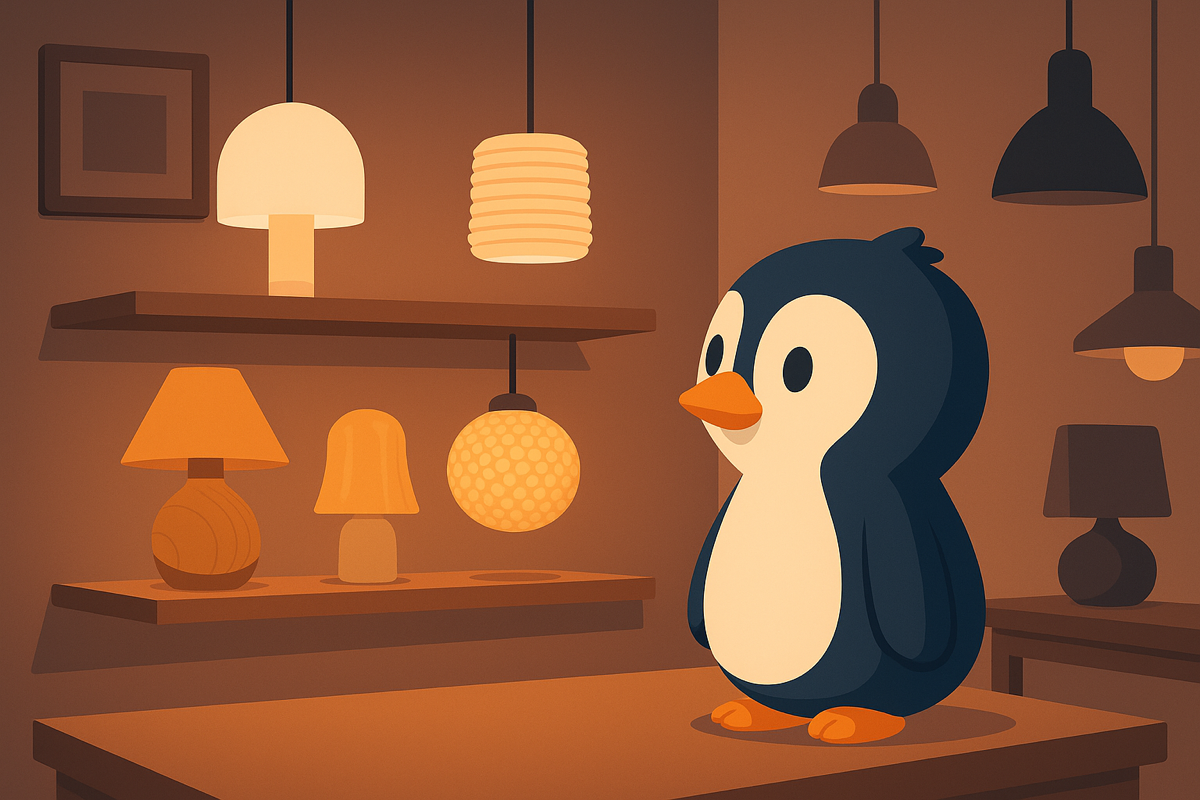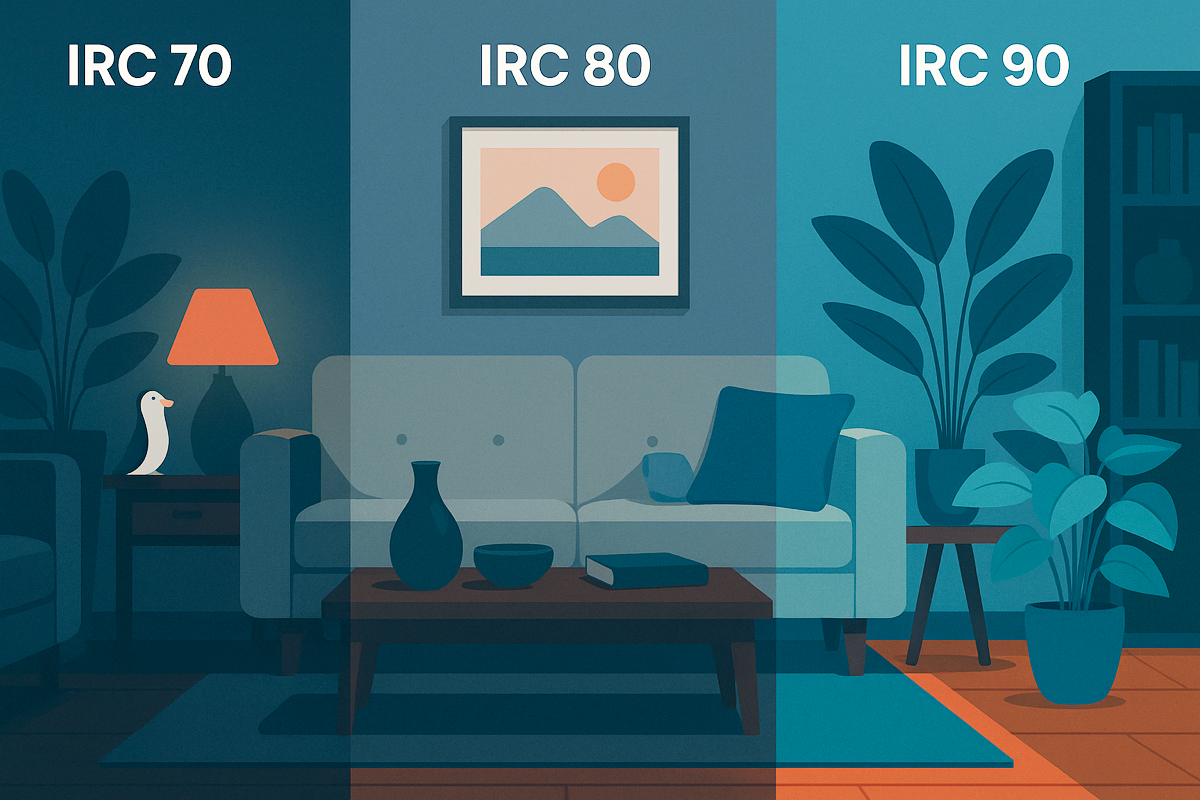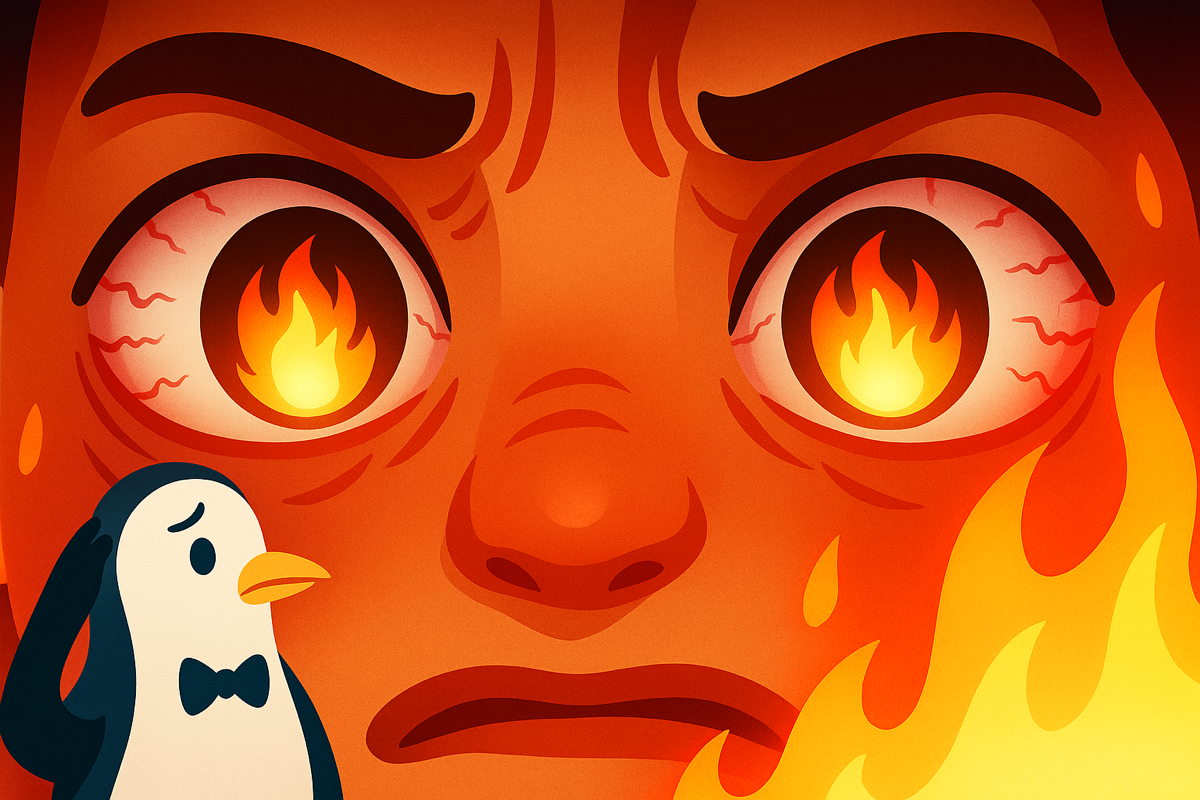Reading time: 7 min.
In short:
The invention of the light bulb revolutionized our relationship with sleep. Originally a technological miracle, it was also the starting point of a global insomnia crisis. Behind the glare of artificial light lies a profound deregulation of our circadian biology. Here's why, and how to fix it.
📌 Summary
A revolution that changed the night
On September 4, 1882, Edison electrified Manhattan and lit 3,000 light bulbs in the New York Times building. The world entered the era of instantaneous light. But in the shadow of this feat, a silent phenomenon began: the end of the dark nights.
Before the light bulb, our evenings were timed to the sun. After it, our evenings extended far beyond. The result? A 24/7 society, with a price to pay: our sleep.
Cortisol, melatonin and disrupted cycles
Our body operates in two phases: one active, dominated by cortisol , and the other restorative, guided by melatonin . These two hormones are antagonistic : when one rises, the other falls.
However, their production depends on... light. Exposure to blue light in the evening inhibits melatonin, keeping our bodies in "day" mode even at midnight. It's a bit like living in direct sunlight... in your living room.
Light, the ignored biological signal
Inside our eyes, special cells containing melanopsin transmit signals to our brains as soon as they detect light, especially blue light. These signals shut down melatonin and wake up the body.
The problem? Our modern light bulbs emit largely in this spectrum… And they don't turn off with the sun. As a result, our brains believe it's daytime for far too long.
🎥 Watch the full video on the origin of the light bulb and its effects
How to restore balance?
The goal is not to live without light, but to use it better . By respecting:
- Warm and dim colors in the evening (below 10 lux)
- Intense blue lights in the morning (above 250 lux)
This is the principle of the circadian cycle —and exactly what Laqi adaptive bulbs simulate. They change color and intensity depending on the time of day, the season, and the natural light available.
💡 Discover the Laqi Starter Kits
📦 See the complete product unboxing
💬 FAQ
Why does blue light disrupt our sleep?
Because it inhibits melatonin, the sleep hormone, receiving it in the evening sends a “daytime” signal to our brain.
Are all light bulbs bad?
No. It's not the light itself that's the problem; it's when and how we're exposed to it. Circadian bulbs like Laqi's are designed to respect our cycles.
What if I can't change all my bulbs?
Start with a strategic room: your bedroom or your office . Even a single, well-calibrated light point can improve your cycle.
Reprogram your evenings, not your brain.
Give your body light that meets its needs: natural during the day, soft at night.
Try Laqi, and finally sleep soundly.
